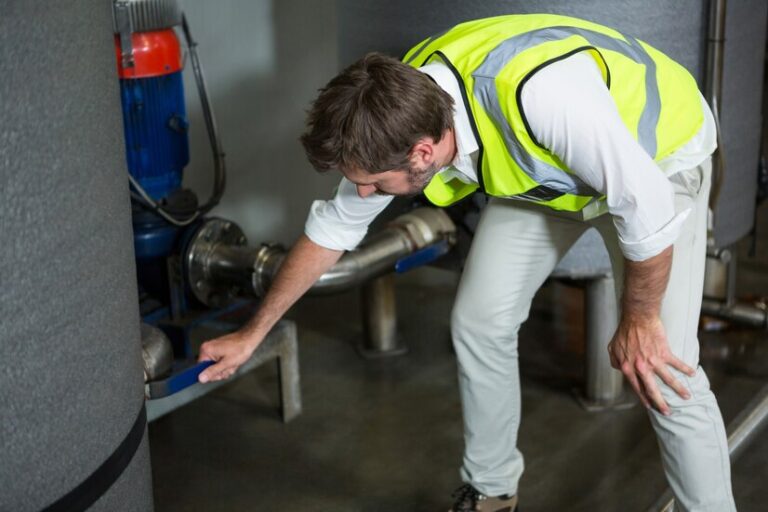Safety and Reliability: The Importance of Regular Hydraulic Liftgate Inspections in the DFW Metroplex
Hydraulic liftgates are essential for many businesses, from logistics firms to local delivery services in the Dallas-Fort Worth (DFW) area. Keeping these heavy-duty mechanisms well-maintained and regularly inspected is key to ensuring safety and operational efficiency. Routine inspections prevent downtime and protect drivers, equipment, and cargo. Here’s why hydraulic liftgate inspections are important and what DFW businesses should know.
What is a Hydraulic Liftgate, and Why Does It Matter?
A hydraulic liftgate is a powerful mechanism attached to the rear of a truck or van. It is designed to lift heavy loads, making hydraulic liftgate service in DFW, Texas, essential. It saves time, reduces physical strain on workers, and ensures cargo is safely loaded and unloaded. But like any machine, it’s prone to wear and tear, especially with heavy use. In a high-demand area like DFW, where industries are constantly on the move, having a well-functioning hydraulic liftgate isn’t a luxury; it’s a necessity.
When a liftgate malfunctions, it can lead to significant issues. At best, there’s a delay; at worst, accidents or injuries occur. Routine maintenance can prevent these scenarios and ensure that businesses maintain productivity and safety standards.
Why Are Regular Inspections So Important?
Think about it: how often do vehicles get a tune-up or oil change? Liftgates, being just as essential to the operation of a vehicle, need the same attention. Hydraulic liftgates are heavy, complex systems that rely on precise fluid mechanics, and over time, components can wear down or fail without regular inspection. Without routine checks, these systems are susceptible to rust, hydraulic fluid leaks, or even mechanical breakdowns.
Regular inspections identify potential problems before they become major issues and extend the life of the equipment. Catching a minor hydraulic leak early, for example, can prevent costly repairs down the line and reduce the risk of unexpected breakdowns.
What Should an Inspection Include?
Wondering what exactly goes into a Hydraulic Liftgate Inspections in the DFW Metroplex? A proper inspection is more than just a quick look at the equipment. Technicians focus on several key areas to ensure safety and functionality.
- Hydraulic Fluid Levels: Fluid levels are vital to the proper functioning of the liftgate. Low fluid levels can lead to slower operation or even a complete shutdown of the system.
- Hoses and Fittings: These components should be checked for any signs of wear, rust, or leaks. Small cracks or weakened areas can lead to big problems if left unchecked.
- Electrical Components: Many liftgates depend on electrical systems to operate smoothly. Technicians examine the wiring, connections, and any visible signs of wear or corrosion that could disrupt operation.
- Lifting Mechanisms: The core of the liftgate, the lifting mechanism, should be inspected for smooth functionality, including any mechanical parts that could wear down over time.
- Safety Features: An inspection includes verifying the functionality of all safety features. Ensuring these mechanisms are operational reduces risks of injury.
The Benefits of Partnering with a Trusted Hydraulic Liftgate Service Provider
Regular inspections are essential, but they’re only as effective as the quality of the service provided. Partnering with a reliable hydraulic liftgate service provider ensures inspections are thorough, issues are caught early, and repairs are done correctly. Professionals understand the unique requirements of liftgates and have the expertise to handle any situation that might arise. Plus, they can recommend a schedule that aligns with the specific demands of businesses in the DFW area, ensuring ongoing safety and reliability.
For businesses in the DFW metroplex, hydraulic liftgate service in DFW, Texas, is a necessary investment in safety and operational efficiency. By ensuring that liftgates are regularly inspected, companies can avoid costly repairs, reduce the risk of accidents, and keep their operations running smoothly. Regular maintenance is more than a good idea—it’s a proactive step toward reliability, safety, and success.







